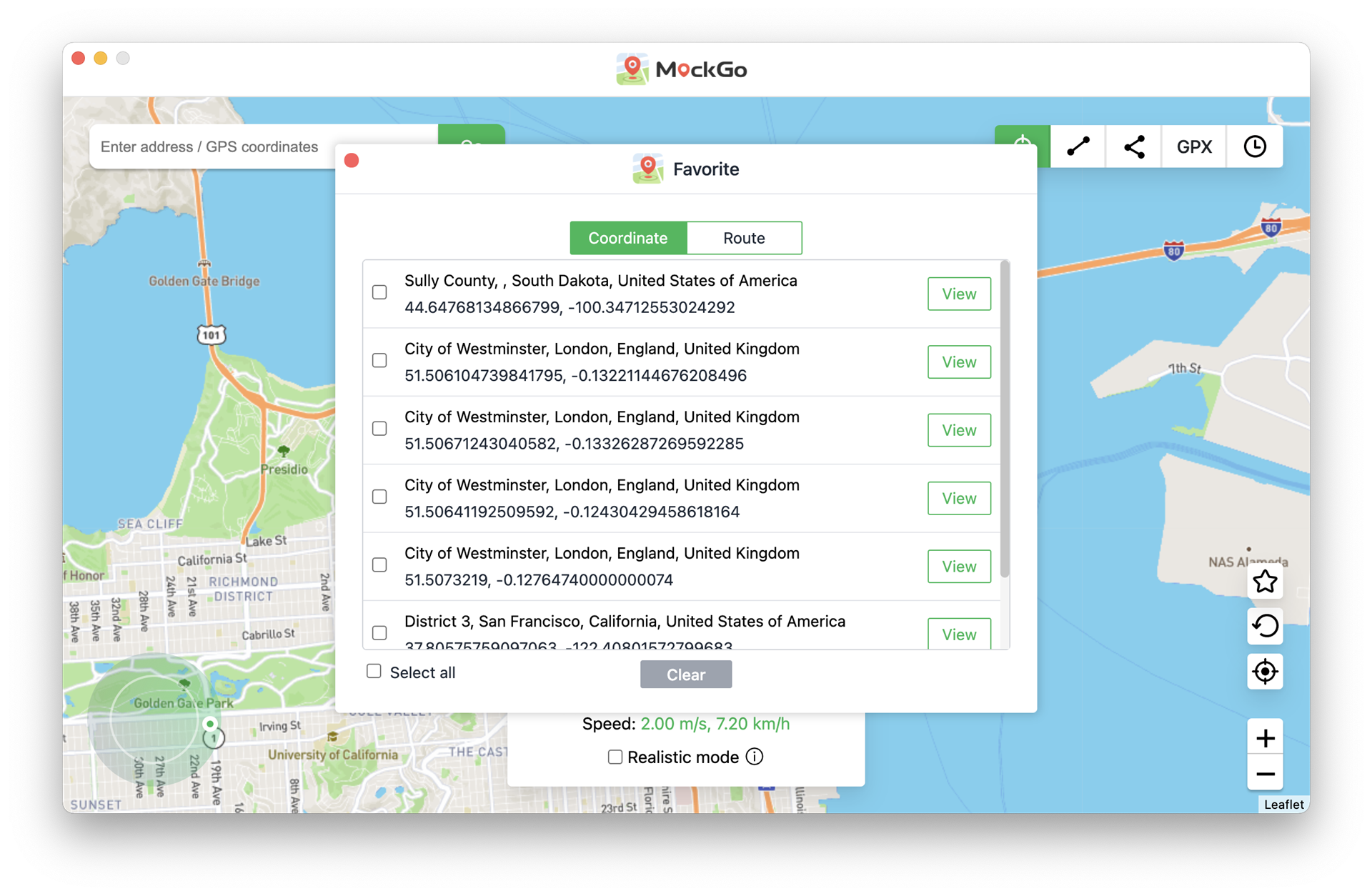

In a case of minor harm, a veteran with diabetes was referred for education and treatment for his condition, categorized as "uncontrolled." But the appointment never was scheduled. Veterans Crisis Line employees were able to contact first responders, who saved the veteran. Weeks after the follow-up visit was to have taken place, the veteran called the Veterans Crisis Line while in possession of the means to take their own life. The patient was prescribed medication and a follow-up appointment, but the appointment request went to the "unknown queue" and the visit never was scheduled. One of the cases of "major harm" caused to a patient involved a homeless veteran at risk for suicide who saw a psychiatrist at Mann-Grandstaff in December 2020 for mental health issues. "Our number one concern across the board and VA in VHA, is patient safety," McDonough said during a press conference at VA Headquarters on June 22.

McDonough said that the "back and forth" discussions with the IG over any issues it finds before a report is released are "really really important to us getting better at what we do." Prior to the release of the OIG report, VA Secretary Denis McDonough told reporters he had been in "close communication with the inspector general" over the investigation into Mann- Grandstaff and said he was "aware of instances of patient harm."īut he did not say when he learned of the problems and declined to discuss the report, a draft of which was leaked to the Spokane Spokesman-Review. The VA pursued the rollout, taking the system live in Walla Walla, Washington, in March and the Central Ohio Healthcare System in May before announcing another delay to all other locations until at least April 2023. That failure was followed by at least six more shutdowns, prompting lawmakers to ask the VA to suspend further implementation until the system worked. In March of this year, the system crashed at Mann-Grandstaff, leading the facility to halt intakes and suspend appointments. The initial rollout was delayed twice, first in February 2020 to ensure that users were adequately trained to use the system and then in April 2020 as a result of the COVID-19 pandemic. The VA signed a deal worth up to $16 billion in 2018 with Cerner, purchased by Oracle earlier this year, for an electronic health records system that would be completely compatible with the Department of Defense's medical records system, built by the same contractor.īut the program has been plagued by delays and problems from the start. "Absent actions, the existence of the unknown queue and the unfulfilled clinical orders may not have been identified, and many patient care orders may not have been complete," the VA watchdog wrote. Once it was found, the hospital established a process for canceling and reentering each order in the queue, but staff was still constrained because the queue was visible only to Cerner employees. "End result: Your family doesn't know you made the effort and you don't know your effort failed," the slide noted.Īccording to the report, the problem would not have been discovered had VA employees not filed a trouble ticket regarding the lost orders just four days after the system went live at the Mann-Grandstaff VA Medical Center in Spokane, Washington. The VA defines major harm as requiring surgery or inpatient care or resulting in disfigurement or permanent disability moderate harm as needing an increased level of care or extended hospitalization and minor harm as no injuries but causing unnecessary delays in care.Ī VA briefing slide obtained by the OIG likened the problem to sending holiday cards to family and friends, but those labeled with wrong addresses being "stuffed … behind a bush instead of being returned to the sender." The flaw resulted in the loss of more than 11,000 requests from October 2020 through June 2021, including two that caused patients "major harm," 52 cases of moderate harm and 95 of minor harm, according to the OIG.


 0 kommentar(er)
0 kommentar(er)
